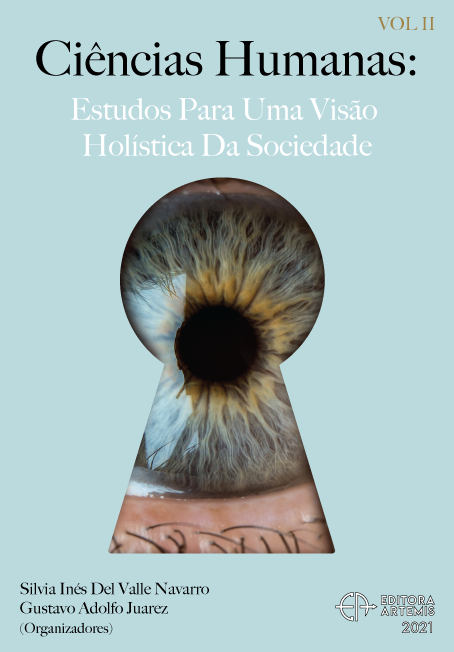
LA EDUCACIÓN DE LOS JÓVENES PARA LA CONSTRUCCIÓN DE CIUDADANÍA
La educación tiene un papel decisivo en la tarea de acompañar a los sujetos para que logren la apropiación de saberes y sentidos que posibiliten su inclusión e identidad, y su participación efectiva en la sociedad. Desde esta perspectiva, nuestro país aborda en el siglo XIX, un proceso de conformación del estado moderno. La escuela pública se constituye en el dispositivo privilegiado para amalgamar a inmigrantes y nativos y lograr la formación de una identidad política nacional que otorgue un contenido específico a la idea de ciudadanía, de acuerdo al proyecto político civilizador imperante. A finales del siglo XX entra en crisis aquella concepción de estado nacional y la visión de la educación como homogeneizadora de la sociedad. De allí que la Argentina de los albores del siglo XXI, con el propósito de responder a las urgencias y complejidad del contexto sociopolítico, replantee el sentido político del sistema educativo, buscando garantizar una educación con igualdad para todos, reconociéndola como derecho personal y social. El concepto sarmientino de “educar al soberano” extiende sus límites para incluir a amplios sectores que quedaron excluidos por clase, sexo o edad. Actualmente, el proceso de construcción de ciudadanía rebasa el marco de las instituciones educativas e incluye al mercado y a las redes sociales, que impactan significativamente en la constitución de subjetividades y en la conformación de identidades. En este contexto, la formación del ciudadano no se limita al valor de la igualdad como igualación, sino que exige incorporar el valor del pluralismo y la diversidad. Desde esta perspectiva queremos indagar -con las herramientas propias del análisis del discurso- los valores que sustentan las prácticas educativas, con vistas a la inclusión con calidad en el sistema educativo, de un gran número de jóvenes de nuestro país, a fin de configurar un futuro sustentable y deseable.
LA EDUCACIÓN DE LOS JÓVENES PARA LA CONSTRUCCIÓN DE CIUDADANÍA
-
DOI: 10.37572/EdArt_2806213851
-
Palavras-chave: juventud- educación- ciudadanía- identidad- inclusión-
-
Keywords: youth- education- citizenship- identity- inclusion
-
Abstract:
Education plays a decisive role in accompanying subjects to achieve the appropriation of knowledge and senses that enable their inclusion and identity, and their effective participation in society. From this perspective, our country approaches in the nineteenth century, a process of shaping the modern state. Public school is the privileged device for amalgamating immigrants and natives and achieving the formation of a national political identity that gives a specific content to the idea of citizenship, according to the prevailing civilizing political project. At the end of the twentieth century, that conception of national state and the vision of education as a homogenizer of society comes into crisis. From there, Argentina at the dawn of the 21st century, with the purpose of responding to the urgencies and complexity of the socio-political context, rethinks the political sense of the education system, seeking to ensure an education with equality for all, recognizing it as a personal and social right. The Sarmientino concept of "educating the sovereign" extends its boundaries to include broad sectors that were excluded by class, sex or age. Currently, the process of building citizenship exceeds the framework of educational institutions and includes the market and social networks, which have a significant impact on the constitution of subjectivities and the formation of identities. In this context, the formation of citizens is not limited to the value of equality as equalization, but requires incorporating the value of pluralism and diversity. From this perspective we want to research with the tools of the analysis of the Discourse the values that underpin educational practices with a view to the inclusion with quality in the educational system, of a large number of young people in our country, in order to shape a sustainable and desirable future.
-
Número de páginas: 16
- Ester Susana Montaldo
- Ana María Zabala

